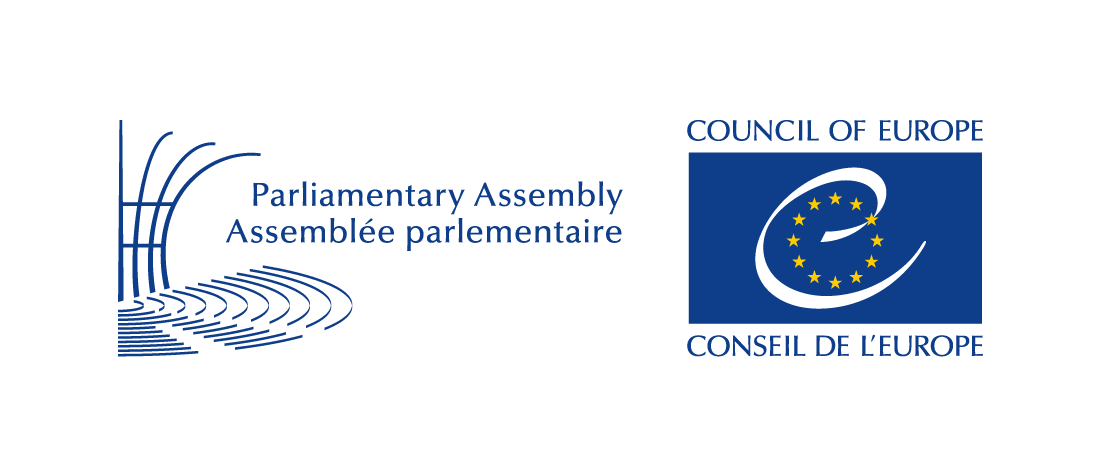
PACE Co-rapporteurs Call on Parliament to ‘Rectify’ Shortcomings in Supreme Court Judges Selection
Co-rapporteurs of the Parliamentary Assembly of the Council of Europe (PACE), Titus Corlățean (Romania, SOC) and Claude Kern (France, ALDE), who paid a fact-finding visit to Georgia on September 17-18, call on the Parliament of Georgia “to rectify” the shortcomings in the selection of Supreme Court judges.
Corlățean and Kern welcomed steps aimed to make the process “more transparent,” but they also expressed “serious concern at the manner in which the High Council of Justice (HCoJ) prepared the list of candidates recently sent to parliament.”
According to them, the shortcomings included “a lack of clear and uniform selection criteria, excessive discretion by HCoJ members in who is selected, and a failure to provide reasoned decisions for both the establishment of the shortlist and the final selection of candidates.” The rapporteurs also noted that questions have been raised about the qualifications of some candidates selected by the HCoJ, as well as concerns relating to allegations of clear conflicts of interest.
“All these shortcomings could have been avoided if the authorities had fully implemented the recommendations of the Venice Commission, contained in its urgent opinion on the selection and appointment of Supreme Court judges, in particular with regard to secret voting, uniform criteria and reasoned decisions,” they said in a statement of September 25.
- CSOs Seek Involvement in Parliamentary Group on Selection of Judges
- OSCE/ODIHR on Shortcomings in Nomination, Appointment of Supreme Court Judges in Georgia
- Venice Commission Opinion on Appointment of Supreme Court Judges
Expecting that these recommendations will be “promptly adopted and implemented for all appointment and career-related decisions” by the HCoJ, the co-rapporteurs said, the Parliament of Georgia “now has a unique opportunity – and responsibility – to rectify these shortcomings.”
“The parliament should hold open and transparent interviews with the candidates, based on uniform criteria, and come to a well-reasoned decision. In addition, given the questions that have been raised over the quality of the candidate list, it is important that parliament only appoints the minimum number of judges needed to ensure the proper functioning of the Supreme Court,” Corlățean and Kern said.
They suggested filling the remaining positions “on the basis of a new list of candidates,” properly established by the HCoJ and preferably after the 2020 parliamentary elections, in line with Venice Commission recommendations.
On May 1, the Parliament of Georgia made amendments to the Law on Common Courts, clarifying the selection and nomination procedures of the Supreme Court judges. Shortly after the law approval, the High Council of Justice announced a competition for filling 20 vacancies in the Supreme Court. A total of 139 candidates submitted applications, and 50 of them were shortlisted through secret ballot on June 20. Two of the shortlisted candidates – Levan Tevzadze and Amiran Dzabunidze – withdrew their names, so the interviews were held with the remaining 48.
At present, 20 of the 28 seats on the Supreme Court are vacant, including the position of chairperson. The parliamentary Committee on Legal Issues will now vote for each of the 20 nominees of the HCoJ. If supported by the majority of lawmakers, each candidate will be appointed to the Supreme Court for a lifetime tenure.
For more background, follow our tag on Supreme Court
Co-Rapporteurs on 2020 Polls, Russian Occupation
As part of their recent visit, Corlățean and Kern held meetings with Georgian officials, discussing the “recent political developments, the independence of the judiciary, the judicial reform, the functioning of the HCoJ, and the organisation of elections.”
Following the visit, the two “welcomed the agreement reached in the Working Group established to draft the fourth wave of judicial reforms, and expressed their hope that the reforms agreed in the Working Group would now be promptly adopted by the parliament.”
They also “reiterated their satisfaction at the introduction of a fully proportional electoral system for the 2020 legislative elections, and welcomed the work begun to amend electoral law in line with recommendations from recent Assembly and OSCE/ODIHR observer missions.”
“We realize that some of the issues that these amendments intend to address, such as the issue of hate speech, for example, are both sensitive and complex. We therefore recommend that the authorities request an opinion from the Venice Commission on the amendments to the Electoral Code before they are adopted by the Georgian parliament,” they said.
They also reiterated their call for “any electoral violations reported during the Presidential elections, including allegations of violence and intimidation, to be fully and transparently investigated to avoid any perception of impunity for such acts.”
According to the statement released on the Assembly webpage, “during their visit, the co-rapporteurs were again confronted by ever-increasing ‘borderization’, far beyond the administrative boundary lines, and creeping annexation of the Georgian regions of South Ossetia and Abkhazia by the Russian Federation.”
“These actions destabilize the region and inflict an unacceptable human cost on both sides of the lines. We condemn this ongoing ‘borderization’ and creeping annexation in the strongest possible terms and reiterate the Assembly’s full support for the sovereignty and territorial integrity of Georgia within its internationally recognized borders,” co-rapporteurs said.
This post is also available in: ქართული Русский